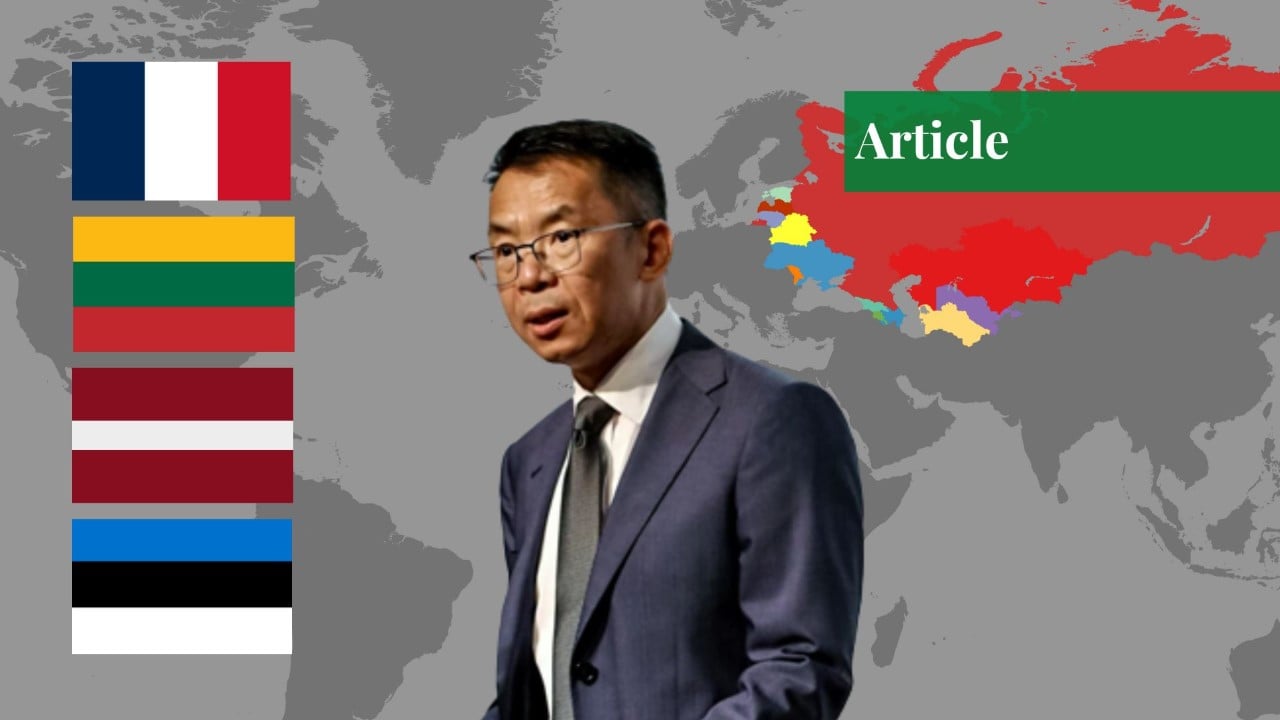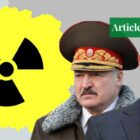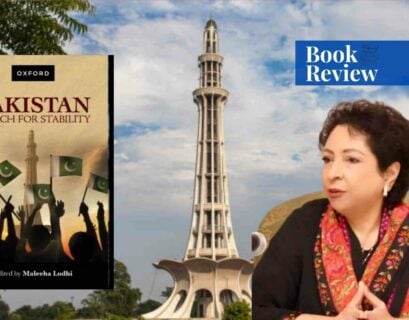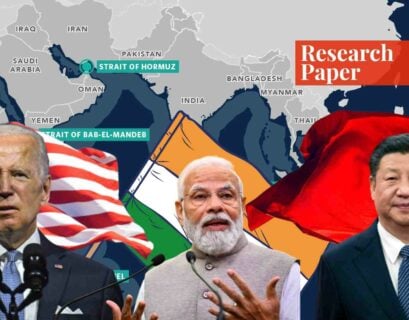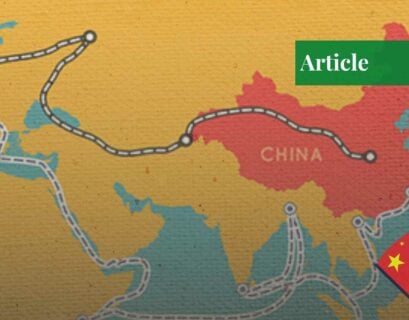Baltic States
Baltic states Estonia, Latvia, and Lithuania are located on the eastern banks of the Baltic Sea in northeastern Europe. They are girdled by the Baltic Sea, which gives the region its name, on the west and north, by Russia on the east, Belarus on the southeast, and by Poland and a Russian protectorate on the southwest.
Sandstone, shale, and limestone make up the underpinning geology, as seen by the mountainous highlands that alternate with low-lying plains and quietly attest to the goods of the glacial time. In reality, the cornucopia of glacial deposits, similar to eskers, moraines, and drumlins, tends to disturb the drainage system.
Following the dissolution of the Soviet Union, the Baltic democracy fought to move down from the Soviet public planning system that had been in place since the conclusion of World War II and toward a market economy. The Baltic nations were a veritably productive area of the former USSR, feeding the husbandry of scale in product and indigenous specialization in assiduity, similar to producing electric motors, machine tools, and radio receivers.
Lu’s Statement: The Issue of Sovereignty
Lu Shaye, China’s ambassador to France, had been questioned if, in accordance with international law, the Crimean peninsula, which Russia annexed in 2014, belonged to Ukraine, and he said that “Because there is no international agreement to concretize these nations’ position as sovereign nations, Lu remarked, “Even these former Soviet Union countries do not have effective status, as we say, under international law,”.
France and its allies were shocked by Lu’s remarks that Crimea was not, in accordance with international law, a part of Ukraine. When asked if Crimea was an area of Ukraine, he responded that the answer relied on one’s perspective and was not so clear-cut. A representative for the French Foreign Ministry stated, “We emphasize our full solidarity with all of our allies and partners concerned, who have achieved their long-awaited independence after decades of oppression.”
The whole international world, including China, recognized Ukraine as a new member state of the UN in 1991, “within borders including Crimea,”. In order to clarify the sovereignty of the Baltic states and to remind China of the Budapest Memorandum agreement in 1994, Estonia summoned China’s ambassador. After the Chinese envoy asserted that Crimea was Russian and that boundaries had no legal justification, Lithuania’s foreign minister also challenged China’s ability to mediate peace in Ukraine.
In a parallel incident, Luiz Inácio Lula da Silva, the president of Brazil, was compelled to express some of his toughest critiques of the invasion by Russia on a visit to Portugal after first pretending to be completely impartial in the crisis during a trip to China. While Ukrainians demonstrated in front of the Brazilian consulate in Lisbon, Brazilian President Lula decried Russia’s invasion and advocated for an approach to build peace.
While the UK Foreign Secretary James Cleverly is about to outline Britain’s approach to China, Brazilian President Lula, who met with Russian Foreign Minister Sergei Lavrov, suggested that Europe should stop providing arms to Ukraine because it was prolonging the conflict. This suggestion was criticized by the White House as repeating Russian and Chinese propaganda.
China’s Damage Control
Although Mr. Lu’s remarks have been condemned by the Chinese government, harm has already been done to Europe. It is speculated that given the significance of the French-Chinese relationship, Mr. Lu may lose his position as ambassador. The debate comes as Russian forces step up their shelling of the Kherson area in the south, which is anticipated to serve as the focal point of a Ukrainian counterattack in the upcoming weeks or months.
The interview’s transcript was later taken down by the Chinese embassy in France, and links to it said that the author had erased the information. The interview has also not been made available on the embassy’s official website.
Conclusion
The matter of sovereignty holds a sensitive place in the hearts of the Baltic states, especially the territory identification for Ukraine. The statement has caused France and the Baltic states to look at China with distrust in regard to bringing peace to the Russia-Ukraine war. Although France is making amends and Lu’s statement has been retracted, it appears that the damage has been done and the sentiments of the Soviet Republics i.e. Baltic states have been hurt.
If you want to submit your articles, research papers, and book reviews, please check the Submissions page.
The views and opinions expressed in this article/paper are the author’s own and do not necessarily reflect the editorial position of Paradigm Shift.
